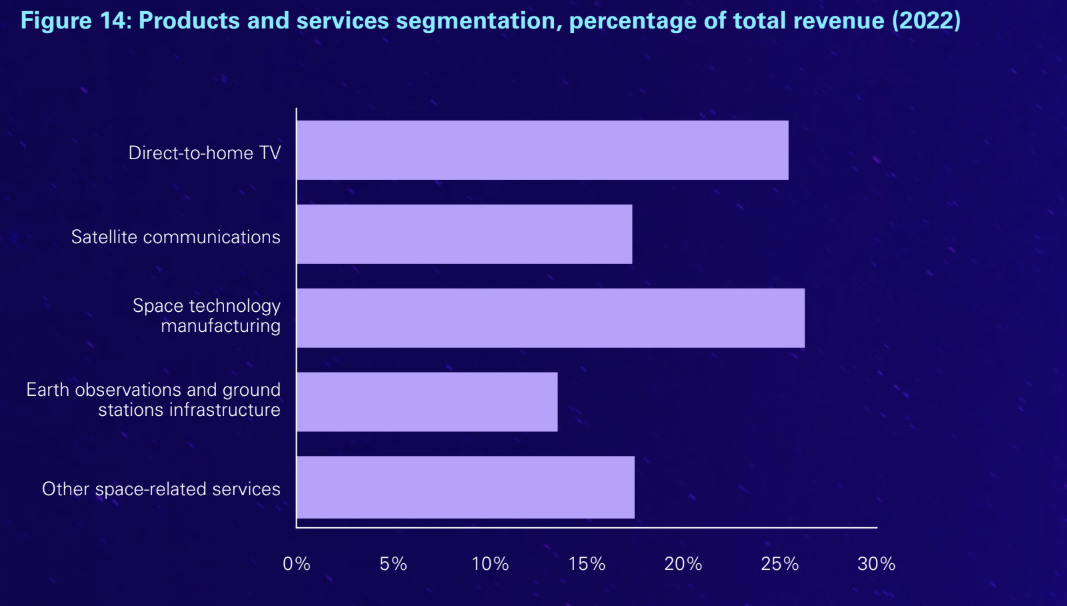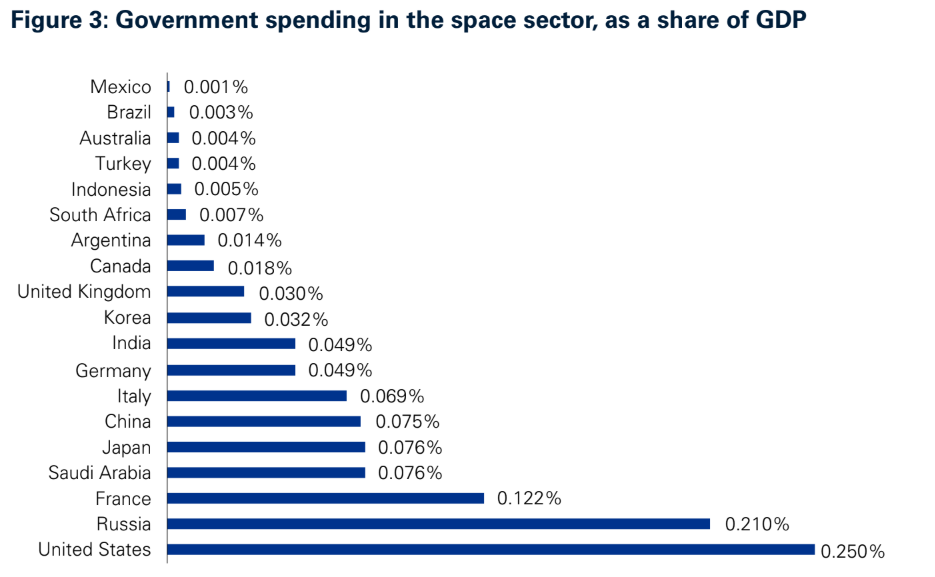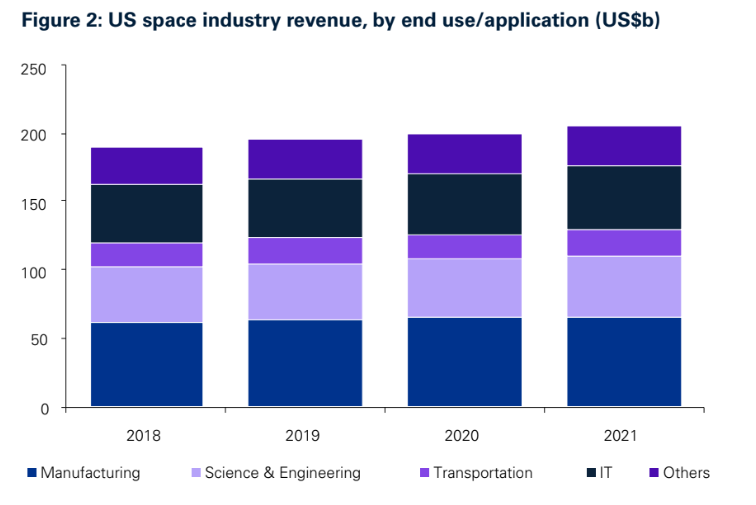Hey there, space enthusiasts! As someone who spends a lot of time thinking about our future beyond Earth, we’re incredibly excited about what’s happening in the space industry right now. It feels like we’re standing on the edge of a new era, where space isn’t just for astronauts and scientists anymore, but for everyone.
Our utopian vision for the space economy is one where space is truly communal, commercial, and unlocks profound benefits for life here on Earth. Imagine a future, perhaps not too far off, where space travel is accessible enough that you might personally know someone who has been to space. We could see people living and working on the Moon, establishing a real presence beyond Earth. Manufacturing in space becomes a viable reality, maybe even leading to breakthroughs like new materials or medicines. Space data, from vast constellations of satellites, becomes a commodity that provides incredible value across countless industries, from helping farmers grow food better to assisting emergency services. This isn’t just science fiction anymore; it’s becoming a today opportunity for business and for humanity. The potential is huge, limited only by our adaptability and imagination.
*Just recently, a report by the World Economic Forum and McKinsey & Company highlighted this incredible momentum. It stated that the global space economy was valued at $630 billion in 2023 and is forecast to soar to $1.8 trillion by 2035. That’s an average annual growth rate of 9%, which is well above the expected growth rate for global GDP. This isn’t just a little bump; it’s a massive expansion driven by space-based and space-enabled technologies like communications, navigation, and Earth observation.
*The $1.8 Trillion Opportunity for Global Economic Growth: McKinsey insight report, 2024
Now, while the potential is sky-high and the numbers are exciting, it’s important to be realistic. We face some significant challenges in getting to that utopian future!
- Space Debris: This is a major concern that will only get worse as we launch thousands more satellites. The space environment is already getting crowded and potentially dangerous, increasing the risk of collisions that create even more debris. It’s like a cosmic junkyard, and we need to clean it up.
- Outdated Rules: The regulations governing space activities are largely based on treaties from the 1960s. With so many new commercial players and activities like potential resource use or manufacturing in space, these old rules aren’t enough. We need clear, fair, and modern rules to ensure safe operations, protect property rights, and manage resources equitably. Space might even need its own legal jurisdiction.
- Challenges with skilled force: The space industry is booming, but finding enough skilled people to build rockets, design satellites, and develop new space-based services is tough. It’s a relatively new industry in its current commercial form, and we need to attract talent from all backgrounds, not just those with advanced degrees.
- Not so generous ROI with businesses: Many new space companies are technically brilliant but struggle with the business side – how to scale up, become profitable, and provide a return on investment. Investors might get wary if these ventures don’t start generating positive cash flow.
- Geopolitical Tensions: Space is increasingly seen as a domain for military operations and a contested arena. This could potentially accelerate development but also lead to complex and risky geopolitics. We need to preserve space as a global common.
These problems aren’t just minor hurdles; they are fundamental issues that, if left unaddressed, could prevent us from fully realizing the incredible potential of the space economy and achieving that utopian vision. An accessible, self-sustaining space economy that enhances life on Earth is only possible if we ensure space is a safe, sustainable, and accessible domain for all. Without effective governance, the industry risks becoming cluttered and dominated by a few powerful players, limiting the benefits for everyone.

We believe we can overcome these challenges! Here are some potential solutions and suggestions:
- Prioritize Sustainability: We need international agreements and sustainable solutions to manage space debris. This includes developing debris clean-up technologies and recycling decommissioned satellites. Companies and missions should commit to sustainable practices from the start, like having clear de-orbit plans and building collision avoidance capabilities. We need to strive for net-zero emissions and net-zero debris generation in orbit.
- Develop New Rules and Governance: Leaders need to prioritize space governance and establish fundamental governing principles quickly. This includes creating an international regulatory body, perhaps for space data, and evolving legislation and treaties to address new activities. Open communication among all stakeholders is key to navigating this complex landscape.
- Invest in Talent: We need to inspire young people to pursue careers in space and broaden our recruitment efforts to attract talent from diverse backgrounds and industries. Investing in education and training programs is crucial.
- Support Startups and New Business Models: Governments can play a vital role by acting as anchor customers for emerging space companies, helping them get on their feet and reach self-sustaining cash flow. We also need to make it easier for non-space companies to understand and use space-based services.
- Foster Collaboration: International cooperation, like the Apollo-Soyuz mission did in the past, is paramount for peace and progress. Public and private sectors must collaborate closely. Sharing knowledge and resources across industries can help everyone benefit.
- Drive Innovation: Continued investment in research and development (R&D) is essential, especially in areas like software and battery technology. Technology diffusion and knowledge transfer can accelerate progress.

By tackling these challenges head-on, we can unlock the full potential of the booming space economy, creating value that goes far beyond revenue and helps address some of the world’s most pressing issues. The future of space is not just about reaching new destinations but about building economic ecosystems and creating shared value along the way.
What do you think about the future of the space economy? What opportunities or challenges do you see? Share your thoughts below!
At the heart of this growing space economy lies a powerful truth—it’s not just about rockets and orbits, it’s about impact. And just like the space industry, your brand needs bold strategies, strong messaging, and standout positioning to reach new heights.
Explore how our marketing and branding solutions can help your organization stand out in a rapidly evolving world.We at Zamun offer a range of marketing and branding services, led by top professionals who have decades of experience. To know more about how we can take your organization to a higher orbit, visit Our Services Page or drop in an email to connect.)
FAQs
It’s the ecosystem of businesses, technologies, and services that are linked to space—like satellites, communications, Earth observation, space tourism, and even off-Earth mining or manufacturing.
Because space tech already powers everyday services—GPS, weather forecasting, agriculture insights, disaster management, and more. Tapping into space-based solutions could give businesses a serious competitive edge.
Mostly outdated rules, debris concerns, lack of skilled talent, and business model challenges. But with smart strategies and global collaboration, the industry is pushing forward fast.
By exploring how space-based data or connectivity can enhance their operations. Plus, partnering with space startups or integrating satellite tech into services opens up new markets and value chains.
Sources
- Space industry is booming, how to catch up?, BCG article, 2025
- The $1.8 Trillion Opportunity for Global Economic Growth: McKinsey insight report, 2024
- PwC report, 2024: Earth observation, a driver for India’s development
- Looking Up to Space report, 2021 by Bain&Company
- A prosperous future: space, KPMG analysis, 2022
- Report by McKinsey, 2022: The role of space in driving sustainability, security, and development


